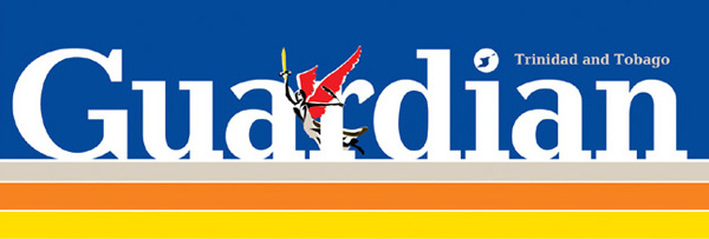For some the change leads to new and stimulating pastures, for others the transition can be more bumpy and frustrating. Many students discover that the path to their dream job is long and littered by many lesser jobs to do first. And the hard work has just begun rather than just ended.
Some unfortunate ones never see a path and can get stuck with an entry-level job that has little to do with the skill set of their degree. Without personal resilience and support from others this situation can be a tough one to change. As a consequence some new graduates become unhappy and lose direction, not knowing what or how to solve their dead end.
The solution to this isn’t simply one of “work hard and eventually you’ll be rewarded.” The world doesn’t work like that for everyone equally, no matter how many times we tell each other it does. Rather, a person’s social class is often important in finding and securing jobs. The French sociologist Pierre Bourdieu used to talk about “social” and “cultural capital.” They are concepts similar to the idea of economic capital—money—the possession of which provides power.
As we all know, if you have economic capital you can make things happen for yourself, family and friends a lot easier than someone who doesn’t. Bourdieu pointed out that getting ahead in life wasn’t just about economic capital it is also about how much social and cultural capital a person has.
“Social capital” describes the access people have to social networks, contacts and support – advantages gained from who you know and how they might help you. “Cultural capital” describes forms of knowledge, the ability to speak the right languages, and understand the rules of the game. It gives a person insight into what it takes to succeed.
In Trinidad and Tobago, thanks to GATE, there has been an increase in people getting degrees over the last decade. Many of these students are first-generation degree-holders.
An unintended consequence of GATE for first-generation degree-holders—no matter that their degree is supposedly an indicator of their future class group and potential for social mobility—is they do not have the required social and cultural capital to gain the type of employment they want as easily as others with that type of capital.
For example, the parents of first-generation degree-holders might not know how to help and advise them to find jobs, write letters, support them through the process of how to do an interview, approach someone with a resume, handle knockbacks and more. Taken together, a lack of this type of cultural capital can kill a person’s resilience.
This suggests there is a segment of local graduates—first-generation degree-holders—who don’t have the cultural capital to foster resilience. They don’t know how to make what they have work for them. And their parents can struggle to guide them because their parents never made it through or further than secondary school.
In sociological terms, this can be described as the working class not knowing how to use their access to state apparatuses for their benefit. Or to put in more familiar terms, it’s not what you know, but who you know.
Of course, other factors are involved in finding the right job too, such as synergy between degrees and the jobs available in the marketplace, the quality of the degree, and the significance of lowering university entrance requirements to access more government funds.
That said, overlooking the reality that a student’s social class affects his/her ability to secure jobs makes it appear that the solution to our society’s ills is simply education, education, education and nothing to do with shifting the historical organisation of power in society.
In a world where free education is becoming rarer, GATE is a wonderful idea. It is a solid gift to the nation built on the idea that education is the key to social mobility. In this sense, the purpose of GATE is social justice and redistributive investments. However, if you educate people and those bright, energetic first-timers find themselves in dead-end, low-paying, and entry-level jobs, then on some level we can say that the idea is not working as intended.
http://guardian.co.tt/columnist/2012-10-29/not-what-you-know-who-you-know

 RSS Feed
RSS Feed